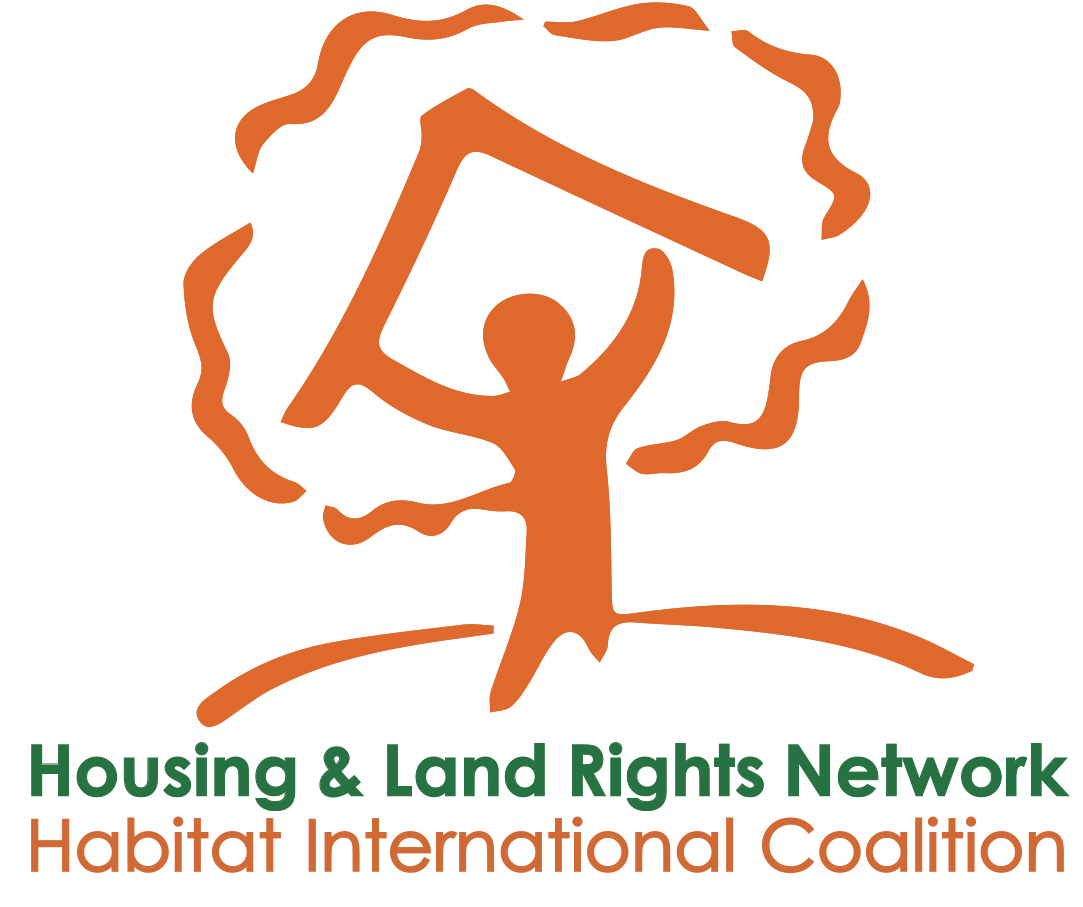
Housing
and Land Rights Network, India (HLRN) would like to express its support for the
India mission report of the United Nations (UN) Special Rapporteur on adequate
housing as a component of the right to an adequate standard of living, and on
the right to non-discrimination in this context. The Special Rapporteur—Ms
Leilani Farha—visited India on an official mission from 11–22 April 2016 and
will be presenting her report to the UN Human Rights Council in Geneva today (1
March 2017). Her report presents an overview of critical issues related to
housing in India and makes strong recommendations aimed at promoting the
realization of the human right to adequate housing.
While
acknowledging and appreciating the Government of India’s commitment to provide
‘Housing for All by 2022,’ and the increased budgetary allocations for this
purpose under Pradhan Mantri Awas Yojana (PMAY) in 2017–18, HLRN endorses the
recommendation made by the Special Rapporteur for a human rights approach to
housing in India. In particular, the suggestion to “adopt national legislation with explicit recognition of the right to
adequate housing without discrimination on any ground” is welcomed,
especially since India ratified the International Covenant on Economic, Social
and Cultural Rights in 1979. It is only when housing is recognized, protected,
and fulfilled as a human right that India can meet its goal of providing
‘housing for all.’ In this context, the Special Rapporteur’s call for a “national moratorium on forced evictions and
demolition of homes” is noteworthy and is directly linked to PMAY’s aims.
Unless forced evictions, demolition of homes of low-income groups, and
displacement across rural and urban India—by state and non-state actors—are
stopped, the government will not be able to meet its housing targets.
India
has a large number of homeless people (over three million) who live in
conditions of extreme deprivation. Their housing needs, however, are not
addressed adequately by PMAY but are limited to the provision of shelters.
Despite Supreme Court orders and the National Urban Livelihoods Mission –
Scheme of Shelters for Urban Homeless, most states do not have sufficient or
adequate facilities for the homeless. The demand in the Special Rapporteur’s
report to “address homelessness as a
human rights priority with a view to eliminate it by 2030” is, therefore,
of great importance.
Given
widespread landlessness across the country, the Special Rapporteur’s proposal
to “introduce the draft Right to Homestead Bill 2013 in Parliament to provide land for the poor, the landless,
and those without a homestead in urban areas” is significant. The
recommendations related to regulating
the private sector, controlling real estate speculation, legally recognizing
existing settlements, and using allocated land for social housing, are important in order to meet the national housing
shortage and to prevent housing rights violations, especially of the most
marginalized.
In
addition, the issues of impeded access
to housing and discrimination against certain groups need urgent attention.
Addressing them would help India meet its commitments to the 2030 Agenda for
Sustainable Development and the New Urban Agenda, both of which call for
“leaving no one behind.”
HLRN
would like to congratulate the Special Rapporteur for her comprehensive and
balanced report, and would like to call upon the Government of India to take
note of the recommendations presented, with the objective of ensuring the
progressive realization of the human right to adequate housing for all, in
compliance with India’s national and international legal obligations.
The Special
Rapporteur’s report on the mission to India is available at:
http://ap.ohchr.org/documents/dpage_e.aspx?si=A/HRC/34/51/Add.1
Housing
and Land Rights Network, G-18/1 Nizamuddin West, New Delhi – 110013, India
+91-11-4054-1680 / contact@hlrn.org.in / www.hlrn.org.in